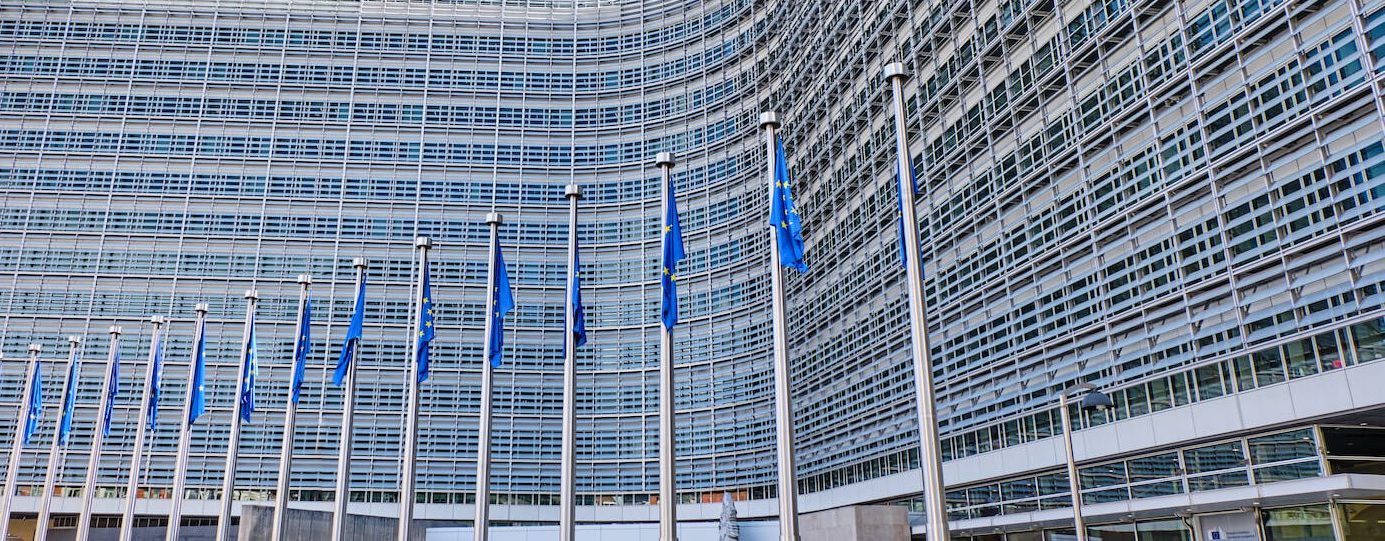In the final statement released at the summit closing on Friday (Sept. 14), regions, cities, businesses, investors and civil society asked countries’ governments to commit on three fronts: strengthen climate ambition in national policies and international pledges under the Paris Agreement (NDCs) by 2020, develop net-zero emissions plans for 2050, support climate action at the local and regional level with legislation, regulation, financing and policies.
The business community, represented by several CEOs attending the Global Climate Action Summit, stressed the need for “ambitious and unequivocal targets” by governments in order to reduce carbon emissions and deliver the Paris Agreement. In a position statement under the umbrella of the Corporate Leaders Group, global companies such as Unilever, Iberdrola, 3M and Tesco, called on national leaders to develop strong, credible and appropriate 2050 strategies.
The Summit, which gathered over 4,000 business, city, state and civil society delegates, was “an important contribution towards achieving our collective goal: to keep global temperatures to 1.5 degrees Celsius in line with the Paris Agreement”, Patricia Espinosa, Executive Secretary of UN climate change and Summit co-chair, said. “It will encourage governments worldwide to step up their actions, demonstrating the vital role that states and regions, companies, investors, and civil society are playing to tackle climate change.”
The Summit showcased a wide range of climate actions and initiative by sub-national actors around the world, along with new commitments.
According to the Summit final release, over 70 big cities, home to around 425 million citizens, are now committed to carbon neutrality by 2050, including Accra, Los Angeles, Tokyo and Mexico City. A further 9,100 cities representing 800 million citizens are committed to city-wide climate action plans.
Ten local governments, including Hawaii, Los Angeles, Rotterdam, and Australian Capital Territory, joined the Powering Past Coal Alliance, a global coalition launched by UK and Canada at COP23 last year. The alliance aims to lead the action in tackling climate change by committing to phase out unabated coal power. With these new additions, the Powering Past Coal Alliance now counts 74 members.
A first-of-its-kind Investor Agenda was formally launched to support investors in accelerating and scaling-up critical actions to achieve the goals of the Paris Agreement. The initiative brings together nearly 400 investors managing US $32 trillion of assets including CalPERS, the largest U.S. pension fund; La Caisse de dépôt et placement du Québec (CPDQ), Danish pension fund PKA, and Sumitomo Mitsui Trust Asset Management.
Over 20 companies announced the launch of the Step Up Declaration, a new alliance dedicated to harnessing the power of emerging technologies and the fourth industrial revolution “to help reduce greenhouse gas emissions across all economic sectors and ensure a climate turning point by 2020”. Signatories include Bloomberg, Cisco, Ericsson, HP, Hewlett Packard, Nokia, and Uber.
The crucial role of non-state actors in reducing emissions and reaching climate targets has been highlighted by a review from UN Environment, released ahead of the Summit. According to the study, covering more than 183 international cooperative initiatives spread across 7,000 cities, 133 countries and carried out by over 6,000 private sector companies., “the scope and pace of climate action from subnational entities has surged to historic proportions in the three years since the Paris agreement”. In total, the pledges from city, state and regional governments, as well as from companies, investors, higher education institutions and civil society organizations, represent a projected reduction of between 1.5 -2.2 gigatonnes of carbon dioxide equivalent (GtCO2e) by 2030.
However, the report also points out to the challenges related to monitoring, reporting, and coordination among sub-national climate initiatives, stressing that a lack of participation and facilitation from governments further limits the overall impact of these commitments on global CO2 reduction.
Similar conclusions emerged from an analysis by Data Driven Yale, NewClimate Institute and PBL, which evaluated the climate change pledges of nearly 6,000 cities, states and regions, representing 7% of the global population, and more than 2,000 companies.
A key case of diverging climate policies at national and subnational level concerns the United States, where the federal government led by the Trump administration has officially declared the intention to withdraw from the Paris Agreement, while most of the local administrations and companies have confirmed their commitment by joining the “America’s pledge” initiative launched by California governor Jerry Brown and UN’s special envoy for climate action Michael Bloomberg in July 2017. At the Global Climate Action Summit, Brown and Bloomberg unveiled a report assessing the collective impacts American cities, states, and businesses can achieve in terms of emission reductions even in the absence of federal leadership. The report, titled “Fulfilling America’s Pledge”, finds that current initiatives will cut emissions by 17 percent below 2005 levels by 2025, roughly two-thirds of the way to the U.S. pledge under the Paris Agreement (26-28 percent over that period). The report also presents a roadmap which would allow U.S. subnational actors to reach a 24 percent emission reduction by 2025 and would set the stage for even faster emission reductions beyond 2025.
Read more:
The Global Climate Action Summit 2018 (GCAS2018) press release
The GCAS2018 Call to Global Climate Action
Full list of announcements made before and during the GCAS2018
UN Environment report: Bridging the Emissions Gap: The Role of Non-state and Subnational Actors
Research report by Data Driven Yale, NewClimate Institute, PBL Environmental Assessment Agency: Global climate action of regions, states and businesses
Report: Fulfilling America’s Pledge






